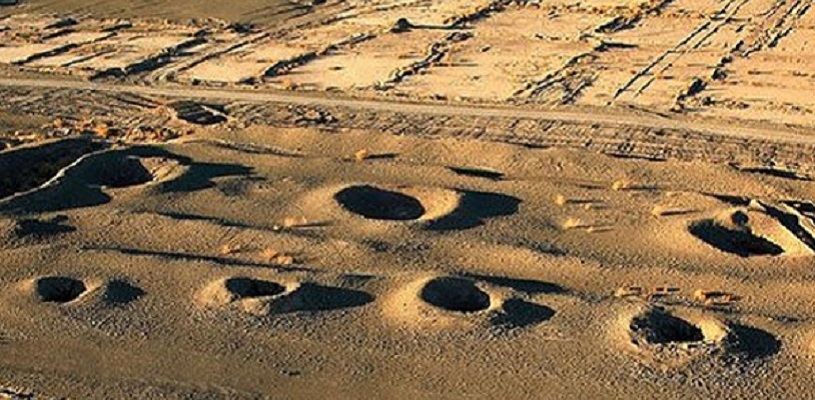
Persian Qanat: Ancient Underground Water Transport System
Contemporary life has become more convenient in several respects. In these modern times, technology plays a vital role in facilitating the life. Particularly, one significant technology, among all, is the water supply and distribution systems. Also, it might be interesting to realize how different civilizations handled their water needs in the old times. For instance, about 3000 years ago, Persians invented a smart hydraulic system called Qanat (or Kariz). Qanats were environmentally sustainable water supply and delivery systems which provided water for irrigation and domestic uses. The Persian qanats have been such a wonder that they were inscribed on the UNESCO’s World Heritage List. Interested in the amazing features of qanat? Then, follow me to familiarize yourself with this amazing invention of Iranians.
Contents
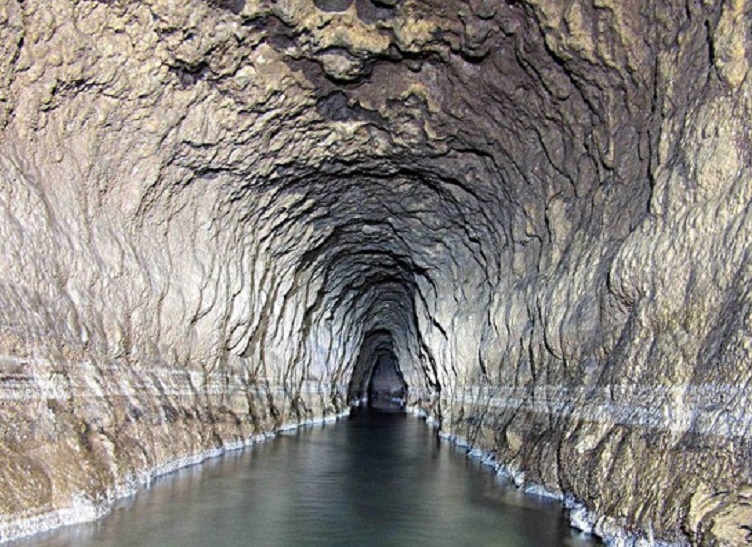
Persian Qanat
What Is Special About Qanats?
- Qanant is a genius hydraulic engineering system
- It prevents major water loss from the seepage and evaporation
- This water system is regarded as a practical renewable energy resource
- Qanat is an efficient ancient water system, which is still in use
- It is a sustainable system that provides water indefinitely
- This system is considered as a manageable water access system
Persian Qanats in History
In the early part of the first millennium BC, some Persians who lived in the arid or semi-arid regions of Iran invented qanats, a genius water supply system. Due to the climate associated with those areas, people had to look for a smart solution for water provision and distribution. So, they came up with the idea of qanat.
Actually, this communal water management system worked well for them. Thus, they could tap water and distribute it equally among the shareholders. The invention was so successful that it spread westward to Morocco and eastward to the countries such as Afghanistan, Pakistan, and China. Moreover, the system has been so efficient that an extensive system of qanats is still working in the arid regions of Iran.
The Destiny of Persian Qanats
In Iran only, there are an estimated five thousand qanats, nearly three-quarters of which are still in use. Eleven Persian qanats have been registered on the UNESCO’s World Heritage List. These qanats include Qasabeh Gonabad (Razavi Khorasan Province), Qanat of Baladeh (South Khorasan Province), Qanat of Zarch (Yazd province), Hasan Abad-e Moshir Qanat (Yazd province), Ebrahim Abad Qanat (Markazi province), Qanat of Vazvan (Isfahan province), Mozd Abad Qanat (Isfahan Province), Qanat of the Moon (Isfahan Province), Qanat of Gowhariz (Kerman Province), Ghasem Abad and Akbar Abad Qanats (Kerman Province).
Formation of Qanats – Persian Qanat Systems
Several thousand years ago Persians developed an ingenious technology to supply and distribute water for domestic as well as agricultural purposes in the arid regions of Iran. To this purpose, they would first look for the most appropriate spots in the highlands. Then, they would dig a mother well there until it reached an underground source of water. Furthermore, they would dig an underground hand-dug tunnel, called Koshkan, from the underground water source to the exit, so-called Mazhar. Indeed, the key engineering feature of the tunnel was that it would transport water from underground water source by means of gravity due to the gentle slope of the tunnel to the village.
The diggers would also sink several other vertical well shafts parallel to the well mother at regular intervals of 20 to 30 meters along the route of the tunnel. These shafts satisfied two functions: removal of waste soil and airing. Actually, these shafts appear as successive holes from above, which resemble a series of eyes. Accordingly, the diggers set up a tool at the surface of the wells and took out the waste soil in buckets. Then, they put the waste soil around the opening of the shaft to form a protective round wall. Primarily, this simple operation could save the underground water from the potential contamination and sediment brought about by surface run off (flow of water on the ground surface).
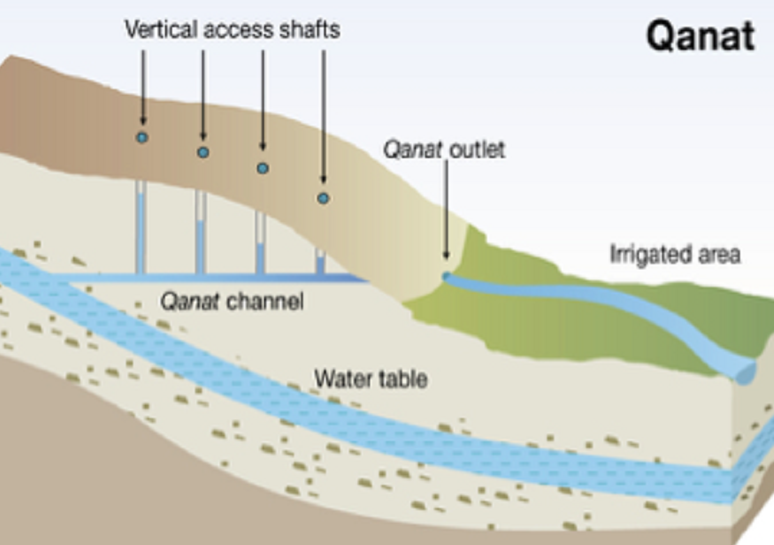
Persian Qanat System
Subbranches and Structures Attached to Qanat
In addition to their core structure, qanats often possess subbranches and water access corridors for maintenance purposes. Furthermore, some additional structures such as reservoirs, watermills, public and private hamams (bath), and rest areas for the qanat workers.
Like to check out a Persian Qanat?
Join either our Rayen Castle, Mahan and Shahdad Desert tour or our Mahan and Shahdad Desert tour.
The Persian Qanat Tours
Keywords: qanats, what is a qanat, Persian qanat system, qanat water system, ancient water system, qanat system in ancient Persia

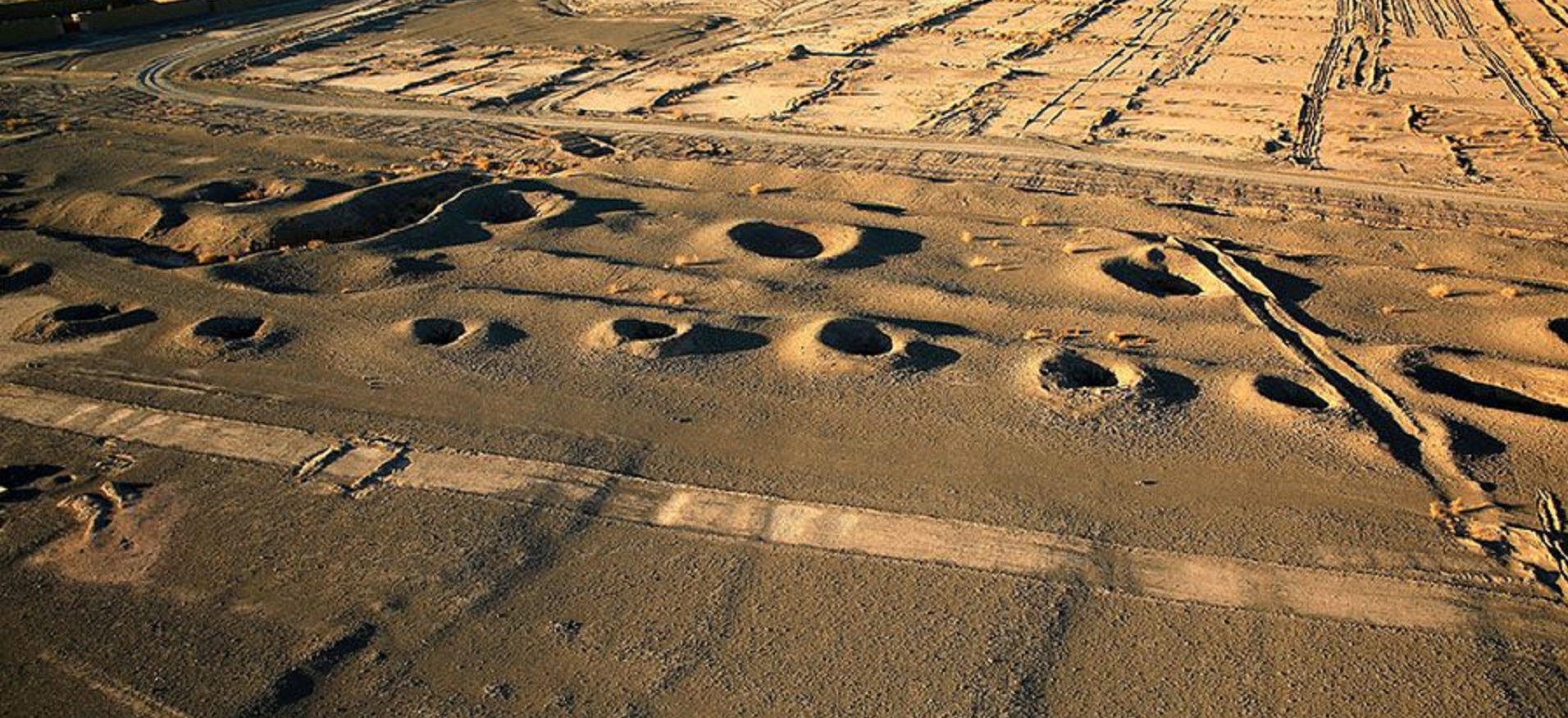
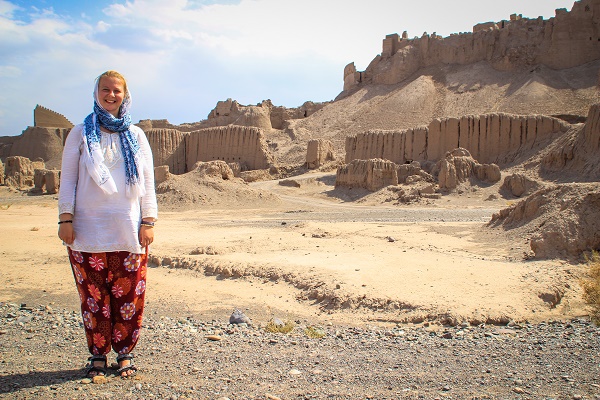
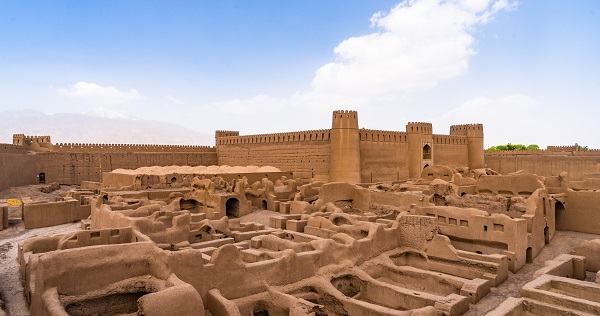
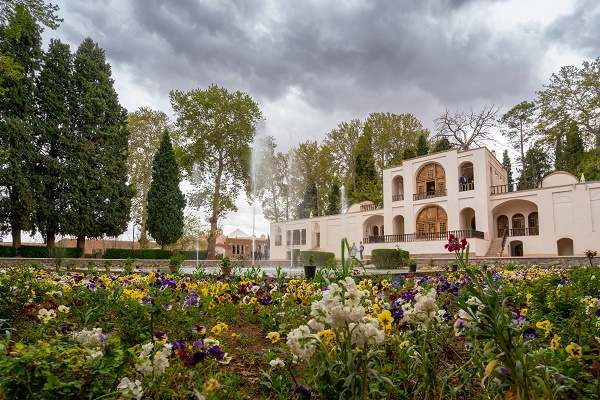



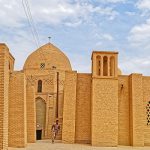
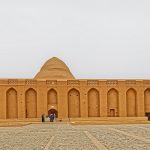

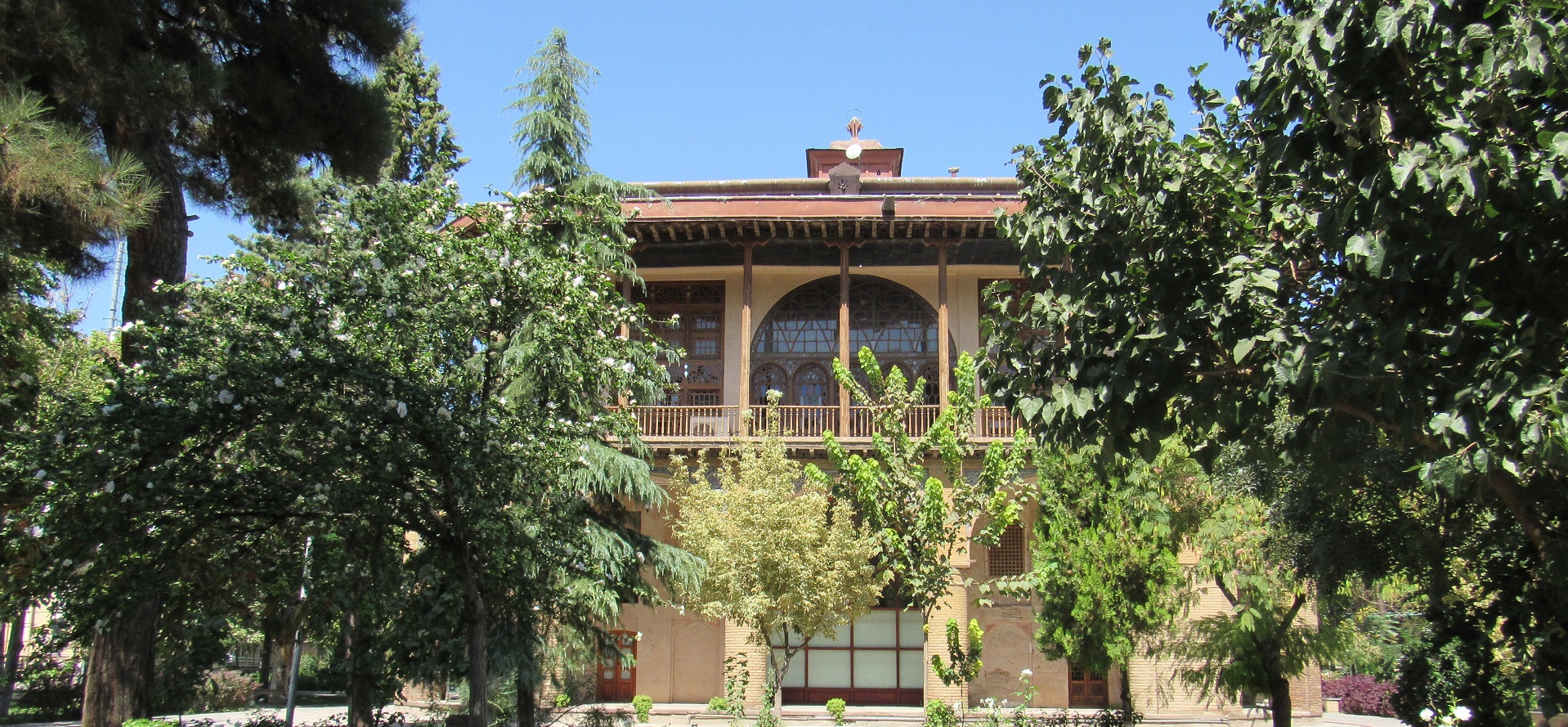
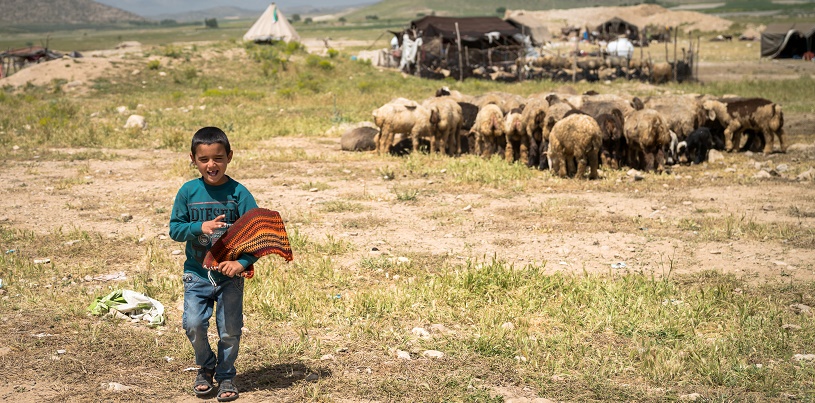
Valuable info. Thank you!